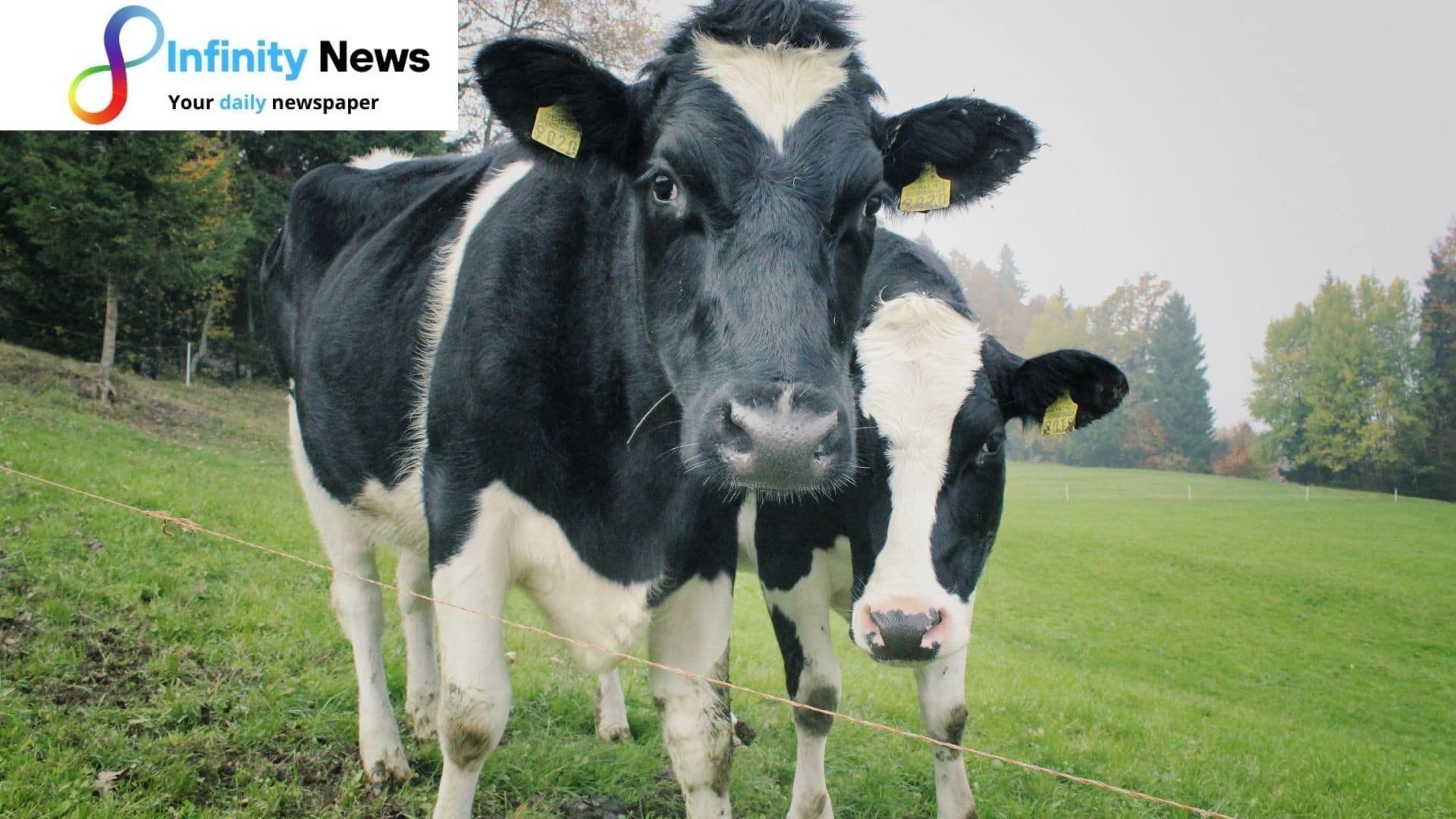Maybe now is the right time to investigate how a few corners of the business are driving the way in more supportable cultivating with an end goal to guarantee dairy stays a nutritious component of our eating regimen.
Whether you’re being influenced by Veganuary or compelled into flexitarianism – hello, no disgrace in shaking things up every once in a while – you’re in good company with another review from dairy helpful Arla through One Poll* assessing 28million individuals in the UK feel overall difficulty in pursuing fundamental eating regimen decisions.
Furthermore, dairy – we’re talking about your good eating routine staples of milk, yoghurt, and cheddar – is the thing many are dumping from their weight control plans.
Yet, after almost half (49%) of those studied said they would roll out an extensive improvement to their eating regimens because of data they’d seen via online entertainment, Arla is here to take some equilibrium back to the board.
In the One Poll purchaser study dispatched in March, the developing strain to eat more ‘economically’ has left 41% of individuals having a confounded outlook on what precisely makes a manageable eating routine. Hell, almost 50% of those studied even felt embarrassed to arrange dairy in broad daylight before others, with 21% confessing to removing the nutrition type.
Regarding eating economically, we can’t simply contemplate the planet in disengagement. We ought to likewise think about our nourishing well-being and eating dense supplement food, which is additionally being made in a way that diminishes our effect on our general surroundings.
Still, it indeed appears to be ok presently. We’re a country parted: to cow, or not to the cow.
Considering to me, there’s such a lot of discussion around going with other economic decisions. This is all well and good; like this, there are so many nourishment patterns and items around that you can’t be faulted for settling on snap choices regarding your eating regimen now and again. Yet, it implies we’re in danger of removing things that are great for ourselves and dropping nutrition types when this ‘win big or bust’ disposition isn’t required.
To battle this, Arla’s 2,100 UK ranchers mean to give far beyond nutritious dairy items, pushing towards additional maintainable cultivating practices to show you want not to include removing dairy if you don’t need to.
As a country, could we take a gander at the whole life pattern of food creation before settling on such intense choices.
There’s no denying the development of milk can meaningfully affect the planet – yet Arla’s rancher proprietors are attempting to track down new and imaginative ways of diminishing their ecological effect.
They are now probably the most environmentally careful ranchers on the planet to accomplish carbon net-zero by 2050—no bull (in a real sense and figuratively).
They’ve been participating in a Climate Checks program: a distinct carbon impression proposed to each Arla rancher and freely confirmed by an outside specialist.
Information through this drive will assist Arla with meeting its science-based focuses of a 30% decrease in outflows per kilogram of milk by 2030 and the immensely significant carbon net-zero inside the following 30 years. Upsetting the business has never been all the more reasonable.
Loaded with effective supplements, milk is a wellspring of calcium, protein, vitamin B2 and B12. From a sprinkle in your tea or espresso in the first part of the day to a pour-over oat or adding to cooking sauces (and we should not fail to remember a heavenly cut of cheddar on a brittle saltine, right?), we can consume our dairy in a horde of habits.
Be that as it may, as Debbie Wilkins and Arla Farmer in Gloucestershire yield, ‘dairy can be effectively misjudged’ yet adds ranchers mean to go about ‘as reference points of nearby networks’ as well as ‘give quality, regular and reasonable sustenance to the country.’
In saying that, Wilkins adds, while ‘food creation makes emanations… it is essential to consider the dietary benefit it has also as what we can to do make an equilibrium, so we offer back what we take from nature.’
The following ten years will be a characterizing one in the soundness of our planet and the accessibility of regular and reasonable food.
So maybe 2022 is an ideal opportunity to think before we toss out the cow with the milk.




